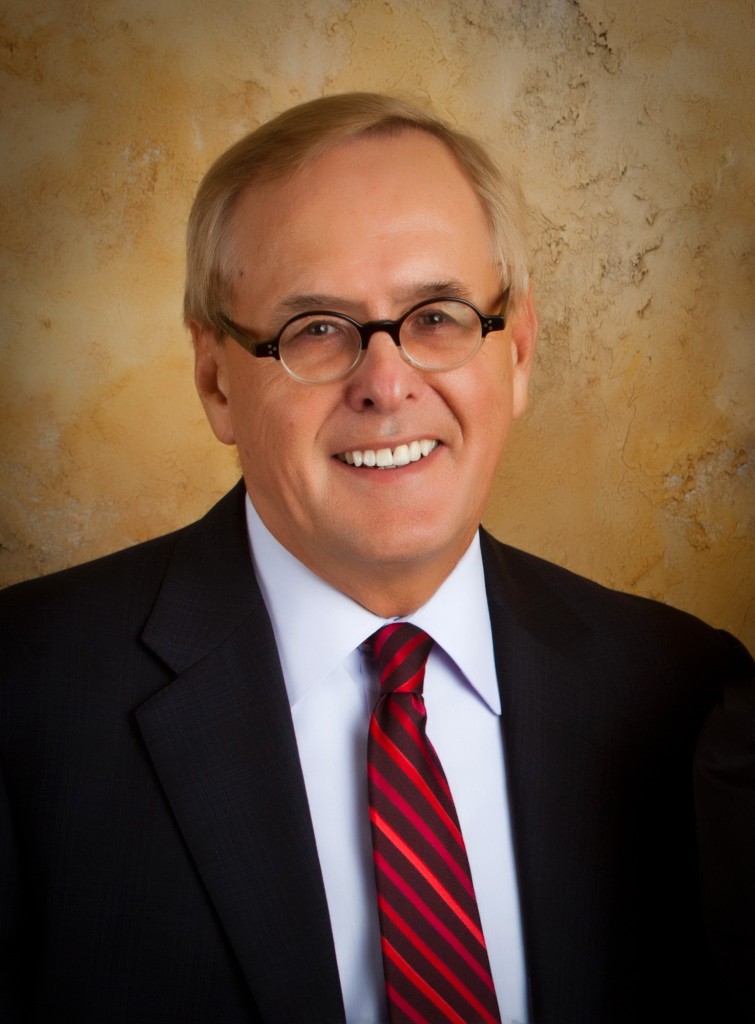Recently Joe Vlock, of New York Life Insurance Company, shared his insights on how he has partnered with the Omaha Community Foundation.
How did you first come to work with the Omaha Community Foundation?
I was looking for a partnership in philanthropy. Mike Leighton, past President and CEO of the Omaha Community Foundation, did a presentation to the Omaha Estate Planning Council educating us about how the Omaha Community Foundation provides support and education to local financial advisors. I was introduced to Dennis Nissen, Iowa Foundations Director at the Omaha Community Foundation, whom I teamed up with to present several estate planning seminars to farm families in Southwest Iowa.
How have you been able to partner with the community foundation in service to your clients?
There are times when you need to talk to a specialist in philanthropy. I have found the Omaha Community Foundation to have an “open door policy.” If you have a specific question on a case or need a second opinion, they are happy to assist and answer questions. It’s like having an extension of my own personal staff. I’ve heard Sara Boyd say many times, “Think of us as your charitable support staff”… and they are!
What have you found most valuable in working with the Omaha Community Foundation?
A professional knowledgeable staff that I can partner with to develop a personal strategy tailored to each individual client to assist them in achieving their charitable goals and financial objectives.
What has surprised you the most in your interactions with OCF?
Their willingness to assist in case preparation and design. For example:
- Providing comparison information to me on the advantages and disadvantages of charitable remainder trusts and charitable lead trusts
- They have provided me with optional scenarios to help me educate my clients enabling them to make the best choice for their family
What role do you see community foundations playing in a community?
Helping citizens and financial advisors who love their community to better understand every aspect of philanthropy to help make their community a better place to live through corporate, family, and individual giving.
Please describe your experiences as part of the Chartered Advisor in Philanthropy (CAP®) program. How has it impacted your work with your clients?
Prior to enrolling in the CAP® training program, my practice was primarily focused on the micro approach to philanthropy, which was income and estate reduction strategies. The study group and classes have realigned my thinking and emphasis on the macro approach. There is more to family wealth than just the financial dimensions.
I continue to focus on financial strategies for my clients but now, due to perspective and education gained from my CAP® training, I integrate human, intellectual, and social capital dimensions into the educational processes and presentations I prepare for my higher net worth clients.
Wealth is a special gift that we are only allowed to possess for a very short time. It’s not just about saving taxes or counting possessions, it’s about values, beliefs, and inter-motivations of the family.
I now make sure that I have clarified and interpreted my clients’ deepest values, beliefs, goals, and intentions before I offer solutions. A solution that accounts for much more than just dollars can ultimately lead a client to feel far greater happiness and achievement.
What were some of the key considerations that led you to establish an account at the community foundation?
The key considerations that led me to open a Charitable Checkbook® were simplicity and flexibility.
- My wife and I can direct grants online, over the phone, or in writing to local, regional, or national public non-profits.
- We can make a deposit in any given year to our account, and we are eligible for a full tax deduction in that year, even if we do not direct a grant from our account that same year.
- There is no annual fee for their service. It is actually easier than writing a check, and it gives my wife and me tremendous flexibility with timing and taxes.
